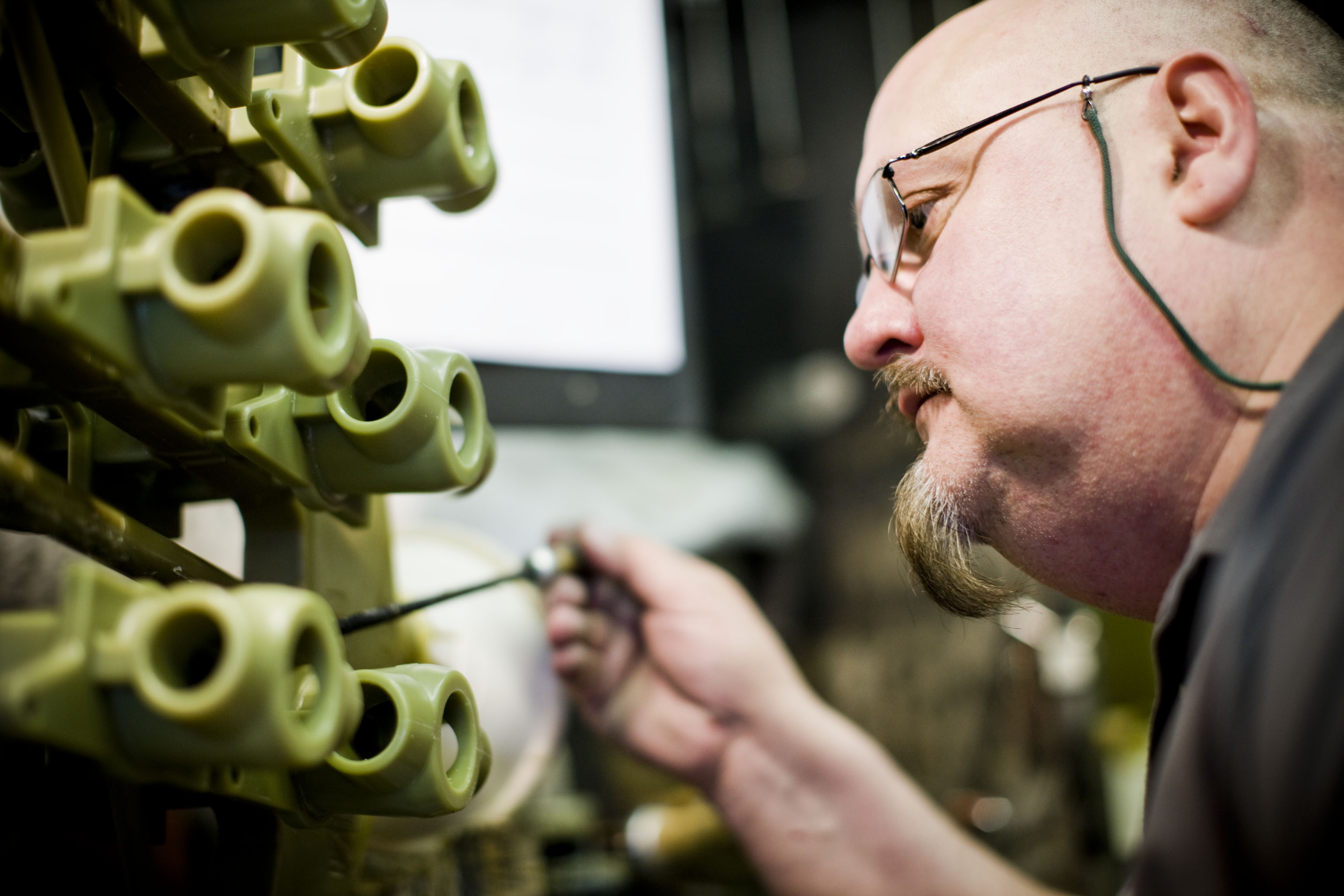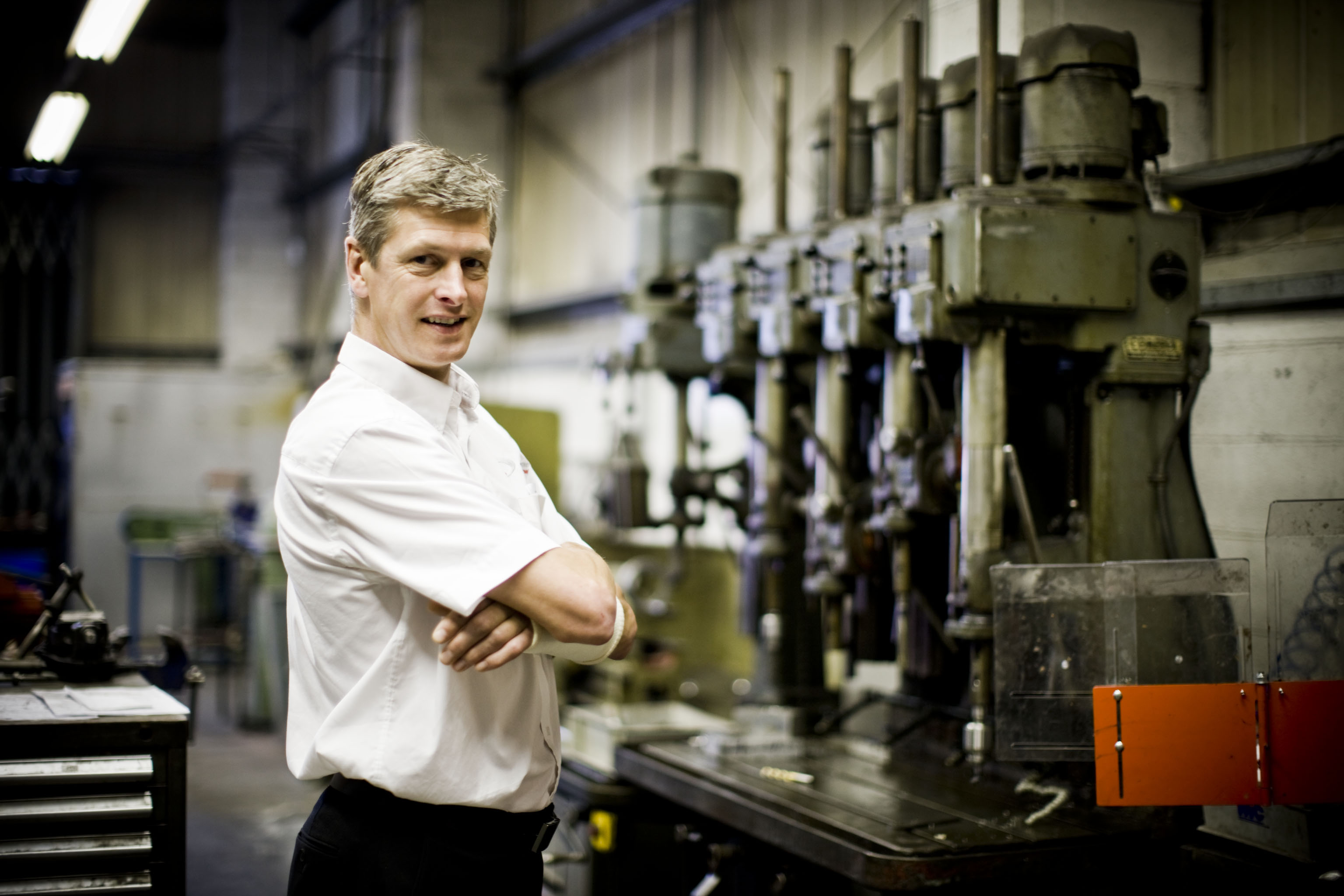The Different Routes into Engineering: What Should You Choose?
Qualifying as an engineer isn’t a one-route-only journey; there are several ways of beginning your career in engineering, including studying, hands-on experience, or a combination of both.
If you’re considering a career in this industry, you might be wondering which route into engineering you can take and what the factors to consider are. You might decide on a degree, work experience, or apprenticeship. Each has different learning methods:
Route One: Engineering Degree
Getting an engineering degree is considered one of the most direct routes you can take to get into engineering and become fully qualified and accredited. Courses will last three to four years with extensive academic and theoretical work combined with practical work.
There are multiple engineering degrees such as mechanical, electrical, civil and chemical. You can even dig deeper and find specialisms such as aerospace, automotive, bioengineering, communications and marine technology, to name a few. You can also find general engineering courses that offer you the chance to specialise in your third year if you are unsure about what type of engineering you want to enter. At our metal casting foundry, we have production engineering, mechanical engineering and design engineering graduates, to name a few.
There are two different accreditations for a graduate engineer; Incorporated Engineer (IEng) and Chartered Engineer (CEng). The Incorporated Engineer route tends to be geared towards maintaining and managing applications in today’s technology to maximise efficiency, developing a detailed understanding of the specific type of technology in their field. This engineering accreditation can grow into a Chartered status later in your career. Chartered Engineers tend to be more focused on technology development, progressing the current technology through innovation and creativity to promote new and more efficient production methods.
Some universities offer degrees incorporated with engineering placements to provide you with graduate engineer experience and help build up your skills. It might also be beneficial in giving you connections within the industry.
This route into engineering does have its disadvantage: paying tuition fees can be costly, even though a loan will help you pay them. If you don’t want to start your professional career with a loan, maybe a different route into engineering will be a better option for you.
Route Two: Work Experience
Businesses value work experience immensely, as it shows that you have hands-on experience in the industry that complements your degree. If you don’t have a degree in engineering, having experience will show companies that you are committed to the sector and have the necessary skills.
It might be a bit tricky to make your CV stand out. Employees will usually consider your CV as a whole, and charity work and volunteering will aid you and distinguish you from other applicants. However, you must be able to show that your activities have provided you with the skills to undertake work experience in the industry.
A career commitment with an engineer-focused CV will be a crucial factor for employers; it is possible to get a work experience position by showing your eagerness to learn and applicable skills to the industry.
You will likely be offered professional qualifications during your work experience route into engineering. These will be under professional bodies like the Institution of Engineering and Technology and the Institution of Engineering Designers. There are more options that specialise in particular areas of engineering, including the Chartered Institution of Building Services Engineers and the Institution of Chemical Engineers.
Opening yourself up to internships at companies will give you what you need for your CV, so be sure to look into these. You can undertake this type of experience while studying non-graduate courses at a local college.
Apprenticeship
Many employers are increasing the number of apprenticeships they offer in 2022, and it is easy to understand why this route into engineering is such a popular one.
An apprenticeship is work-based, while a degree will have a more significant theoretical part. With an apprenticeship, you will spend more time gaining hands-on experience. It also allows you to earn money while you study and will provide you with a National Vocational Qualification (NVQ) award or National Diploma in engineering. Some apprenticeships might provide you with a BTEC (usually for students over 16 and taken in combination with GCSEs) or a City & Guilds certificate but can equally lead to more advanced qualifications.
With this route into engineering, you might be offered a full-time job after completing your apprenticeship. Still, if you aren’t, you will have the recognised qualifications and hands-on skills in your chosen field, plus a good general understanding of other engineering disciplines.
The downside of an apprenticeship isn’t the scheme itself, which is proven to attribute an applicant with a wide range of skills; apprenticeships need to be applied for like regular jobs, as positions will become available and be advertised by businesses. There might be a more considerable demand, and placement isn’t guaranteed.
To get onto an apprenticeship, you generally need to have achieved a minimum of five GCSEs, including English, Maths and Science or technology-related subjects. It’s recommended that the results of these GCSEs are between A* and C. We are proud to have a variety of team members who started out as apprentices in the field of mechanical engineering.
Determining Which Route Into Engineering Is Right for You
Ultimately, the route into engineering that you take will be a personal choice. You might be suited to a more theoretical learning method or benefit from a more hands-on approach.
The correct route for you will depend on the level of qualifications you have, what experience you have been able to gather and what your role is at the time of applying.
Each route has disadvantages, and you need to consider them before beginning your engineering journey. They also have some advantages, as some paths will give you professional registration status, while others may not. If this is something you want to achieve, be sure to check this ahead of your application.
Of course, your first step into engineering won’t mark the end of your knowledge either. At Dean Group, we offer continuing development through national diplomas so our team members can continue to learn about the industry.
Our team is highly-skilled, providing the best service in investment casting, which adds to our extensive expertise. Our wide range of services guarantees that our customers have high-quality products. If you have any questions, contact us on 0161 775 1633, and our team will answer any query you might have. You can also find us on Twitter, Google+, and LinkedIn.
Registered in England VAT No: 146307478 Company Registration No: 1062820







